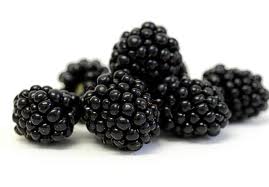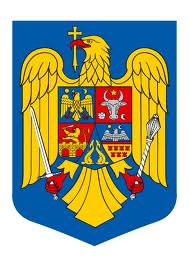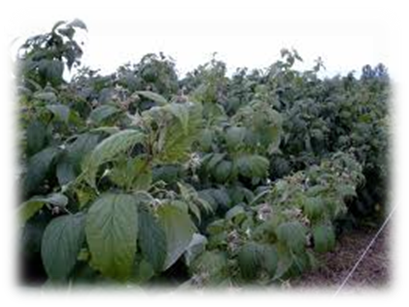


Acronim
RUBUSSELECT
Contract No.
151/11.06.2010
Financed
By European Regional Development Fund and State Budget
Operational Program
POS CCE
2 Priority Axis
Competitiveness by Innovation Research and Development
2.1.2 Operation
Research Projects Development of high scientific level with the participation of foreign specialists
Contract Value
6,142,117 LEI
Duration of contract
46 months
11 June 2010 -
10 April 2014
Contracting Authority
National Authority for Scientific Research
Contractor
University of Agricultural Sciences and Veterinary Medicine "Ion Ionescu de la Brad" Iasi
Project director
Dr. Liliana Sfichi
THE SIGNIFICANCE OF THE RELATIONSHIP AMONG GENOMIC RESPONSE, PHENYLPROPANOID METABOLISM AND PHOTOSYNTHESIS FOR THE OPTIMIZATION OF BIOSYNTHETIC POTENTIAL OF RASPBERRY AND BLACKBERRY CULTIVARS IN ABIOTIC STRESS CONDITIONS



EUROPEAN UNION
GOVERNMENT
OF ROMANIA
Structural Instruments
2007 - 2013
It is well known that human health is maintained and improved when the diet includes flavonoids like those found in blackberries and raspberries (Rubus sp). A number of studies showed that flavonoid composition in plants is highly influenced by genetic and environmental factors. In this context, the interest and challenge for our research team is to clarify the genetic and environmental interactions on the flavonoid synthesis in different blackberry and raspberry varieties in order to expand their areal for the benefit of the human health and economy. We will use an interdisciplinary approach to focus on areas of research and development of major importance for berry production systems and quality control. These will include, but are not limited to genomics and genotype evaluation; plant physiology and culture management; components and factors affecting fruit nutritional value. To analyze changes in gene expression patterns, bioenergetics and metabolite profiles related to genotypes and environmental factors, we will use advanced technologies (i.e. RNA fingerprinting, real-time RT-PCR, Western immunoblotting, enzyme kinetics etc) and also non-invasive real time techniques (i.e. chlorophyll fluorescence, gas exchange). In addition to the research on variety fruitfulness related to the environmental conditions, our project will directly benefit the university and local economy by adding jobs, increasing investment in technology and boosting interest in planting and processing of these valuable plants for the human health.
